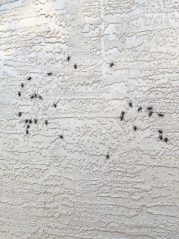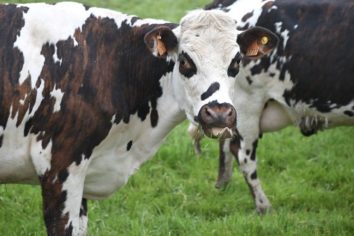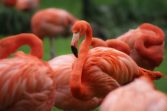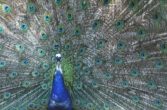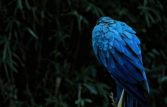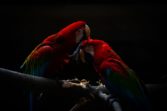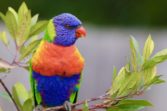Kiwi Birds – The Fascinating Flightless Wonders of New Zealand
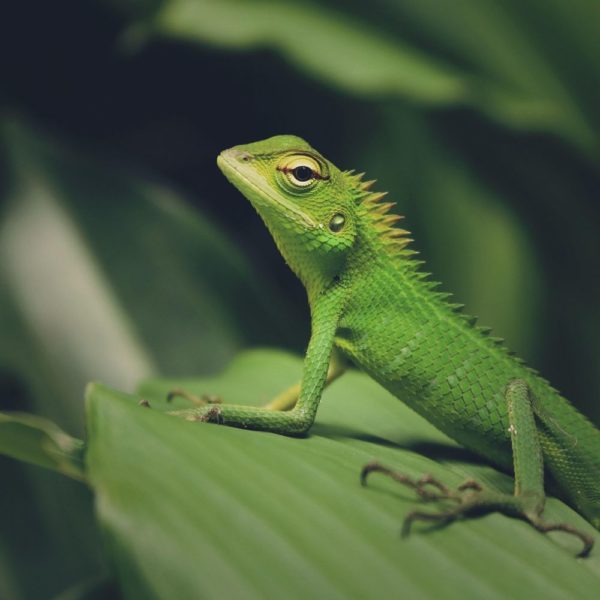
Introduction:
Kiwi birds, also known as kiwis, are unique flightless birds that have become an iconic symbol of New Zealand. With their distinctive appearance and interesting behaviors, kiwis have captured the hearts of many animal enthusiasts around the world. In this article, we will explore the intriguing world of kiwi birds, providing essential information for those who are generally interested in this subject.
Evolution and Species:
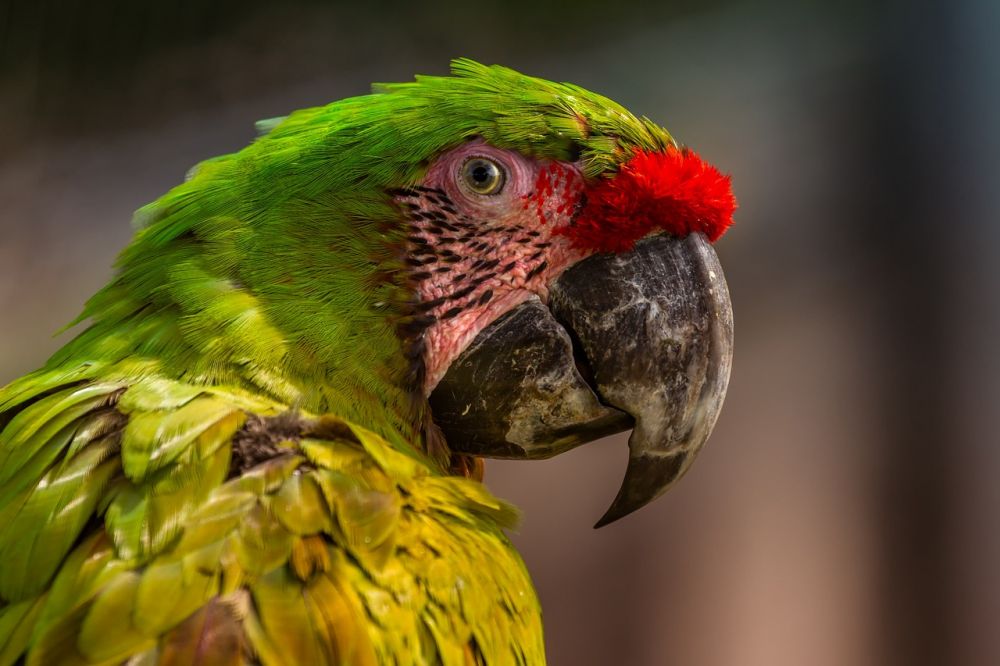
Kiwi birds belong to the family Apterygidae, which is exclusive to New Zealand. There are five recognized species of kiwis, including the North Island brown kiwi, the great spotted kiwi, the little spotted kiwi, the Okarito brown kiwi, and the rowi kiwi. Each species has its own unique characteristics and can be found in different regions of the country.
These flightless birds have evolved over millions of years in isolation, adapting to their surroundings and developing distinctive features. With their small wings and stout bodies, kiwis have evolved to become expert burrowers, using their long beaks to probe the ground in search of food. Their strong legs and sharp claws enable them to efficiently dig and navigate through their forest habitats.
One peculiar feature of kiwi birds is their vestigial wings, which have no functional use for flying. Instead, these wings have evolved to serve as sensory tools, helping kiwis navigate in low light conditions. They are covered in soft feathers that provide insulation and aid in camouflage.
Habitat and Conservation Efforts:
Kiwi birds predominantly inhabit the dense forests, scrublands, and grassy areas of New Zealand. They are nocturnal creatures, meaning they are most active during the night, foraging for insects, worms, and other small invertebrates. Their excellent sense of smell, located at the end of their slender beaks, allows them to locate and capture their prey with precision.
However, despite their remarkable adaptations, kiwi birds face numerous threats to their survival. Introduced predators such as stoats, cats, and dogs pose a significant risk to kiwi populations. Additionally, habitat loss due to deforestation and urbanization further endangers these unique creatures.
To combat the decline in kiwi numbers, various conservation efforts have been implemented throughout New Zealand. These initiatives include predator control programs, like trapping and poisoning, to reduce the impact of introduced predators. Moreover, sanctuaries have been established to provide safe havens for kiwis, closely monitoring their populations and ensuring their well-being.
Historical Significance and Cultural Importance:
For the indigenous Māori people of New Zealand, kiwi birds hold great cultural significance. In Māori mythology, kiwis are considered the guardians of the forest and are deeply respected. Their nocturnal nature and ability to navigate through the dark forest symbolize wisdom, adaptability, and harmony with nature.
Kiwi birds have also become a cherished national symbol for New Zealand, adorning various emblems, coins, and even the country’s national rugby team’s logo. Their unique appearance and quirky behaviors have made them a beloved tourist attraction, with many visitors hoping to catch a glimpse of these elusive creatures in the wild.
[INSERT VIDEO HERE]
Conclusion:
In conclusion, kiwi birds are truly remarkable creatures, embodying the natural beauty and cultural heritage of New Zealand. From their evolution in isolation to their ongoing conservation efforts, kiwis captivate the minds and hearts of animal enthusiasts worldwide. By understanding and appreciating these flightless wonders, we can contribute to the preservation of their unique existence for generations to come.
Bulletpoints:
– Kiwi birds are flightless birds that are native to New Zealand.
– There are five recognized species of kiwis, each with its own unique characteristics and habitats.
– Kiwis have evolved to become expert burrowers, using their beaks and sharp claws to navigate their forest homes.
– Kiwi birds have vestigial wings, which serve as sensory tools rather than for flying.
– They are nocturnal creatures, using their excellent sense of smell to locate and capture prey.
– Kiwi birds face threats including introduced predators and habitat loss.
– Conservation efforts, such as predator control programs and sanctuaries, aim to protect kiwi populations.
– Kiwi birds hold great cultural significance for the indigenous Māori people of New Zealand.
– They are a cherished national symbol and popular tourist attraction.
– Understanding and appreciating kiwi birds can aid in their preservation.
FAQ
How many species of kiwi birds are there?
Why are kiwi birds flightless?
What are the threats to kiwi birds survival?
Flere Nyheder
Professionel hundeluftning: Alt, hvad du behøver at vide
Introduction: Kiwi birds, also known as kiwis, are unique flightless birds that have become an iconic symbol of New Zealand. With their distinctive appearance and interesting behaviors, kiwis have captured the hearts of many animal enthusiasts around...
02 september 2024
Skadedyrsbekæmpelse i Ringsted: Din guide til effektiv bekæmpelse
Introduction: Kiwi birds, also known as kiwis, are unique flightless birds that have become an iconic symbol of New Zealand. With their distinctive appearance and interesting behaviors, kiwis have captured the hearts of many animal enthusiasts around...
05 juli 2024
Kvægdyrlægen: Professionel sundhedspleje for landbrugets dyr
Introduction: Kiwi birds, also known as kiwis, are unique flightless birds that have become an iconic symbol of New Zealand. With their distinctive appearance and interesting behaviors, kiwis have captured the hearts of many animal enthusiasts around...
02 maj 2024


